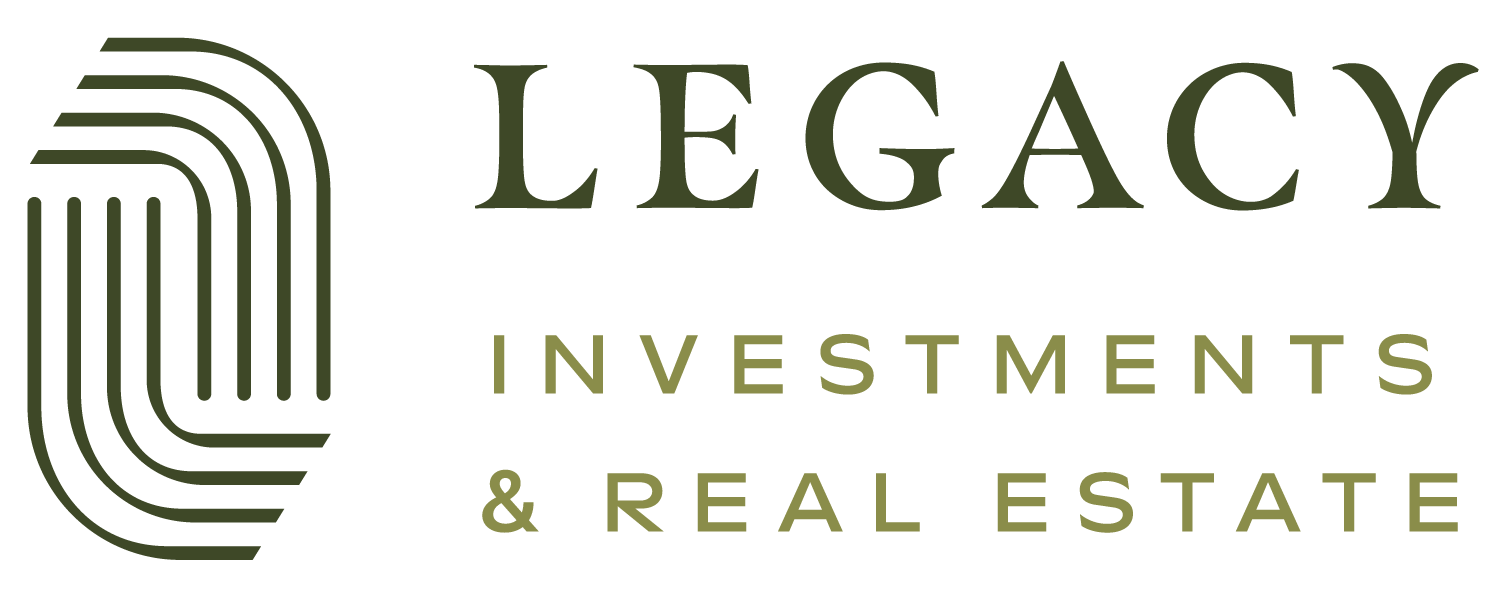Capital Gains Tax Strategies for Selling Farmland, Ranches, or Vineyards
DEFINED BY THE IRS AS PROPERTY ACTIVELY USED TO “CULTIVATE, OPERATE, OR MANAGE” LAND FOR PROFIT, FARMLAND MUST BE USED AS A MAJOR PROFIT SOURCE. CAPITAL GAINS TAX CAN’T BE AVOIDED WHEN SELLING FARMLAND, BUT BY UTILIZING THE FOLLOWING STRATEGIES IT IS POSSIBLE TO DEFER OR REDUCE THE AMOUNT OF TAXES OWED.
1031 Exchange
Internal Revenue Code 26 § 1031 allows you to exchange currently held real estate for a “like-kind” piece of real estate. In a 1031 Exchange, “like-kind” doesn’t necessarily mean that farmland must be exchanged for farmland, instead farmland can be exchanged for an apartment or office building–as long as it is of equal or greater value to the farmland. When adhered to, the 1031 Exchange process can help defer capital gains taxes.
If you’re not interested in being an active landlord, you may consider a passive 1031 Exchange investment structure such as a Delaware Statutory Trust (DST). When you invest in real estate that is held in a Delaware Statutory Trust, you are considered to have acquired an undivided interest in that property (or properties), and therefore own a direct interest in the real property in proportion to your investment percentage. This allows you to qualify your investment as replacement property under the like-kind exchange rules of a 1031 Exchange. Because the DST sponsor manages and operates the property, investors in the property enjoy the benefits of their investment with no management headaches.
Property Transfer
While transferring farmland to heirs or beneficiaries doesn’t get rid of the capital gains tax, the heirs or beneficiaries can receive the land as a step-up in basis to the current fair-market value. If they eventually decide to sell the farmland, the capital gains taxes could be reduced.
Deferred Sale
A deferred sale allows the seller to push an asset’s sales date into the next year, potentially reducing capital gains and the amount of taxes owed.
Installment Sale
Performing an installment sale allows the seller to receive the proceeds from a sale over a period of time, potentially reducing capital gains and the amount of taxes owed.
Donations
It’s possible to donate farmland to charity and deduct the full market value of that donated property from your income. It is important to note that while charitable donation deductions can be limited to a percentage of adjusted gross income, excess contributions can be carried forward for up to five years.
Opportunity Zone
An investor that re-invests capital gains from the sale of their farmland into an Opportunity Zone Fund can defer paying federal taxes on those realized gains until as late as December 31, 2026, and may receive a reduction in the taxes owed at that time. In addition, the investor may be able to eliminate federal taxes on future gains if the Investor holds the investment in the Opportunity Zone Fund for at least ten years.
Conservation Easements
Conservation easements can be voluntarily donated or sold by landowners to a qualified organization. When donated, the owner may reduce their tax liability. When sold, the proceeds may be eligible for a tax-deferred 1031 exchange via Private Letter Ruling 9621012, allowing the seller to apply the proceeds to the acquisition of new property.
Growing up in the central valley of California, our founders were surrounded by farmland and the hard working families who grew their wealth through farming.
Because of these roots, we are deeply familiar with the complex issues surrounding the transition of your lifetime of hard work and farmland into your legacy. When it is time to make the decision to sell your farmland, you have more options available to you than you may think. We are here to help you decide which one is right for you.
Legacy Investments & Real Estate is your partner in passive real estate investment.
We are passionate in our pursuit to help every investor build their financial legacy by unlocking the power of passive real estate. Through custom strategies aligned to their unique goals and needs, we provide investors with the potential for all the benefits of real estate investing without the headaches of property management.
Ready for professional, tailored guidance on your passive real estate investment needs?
Other resources you might find helpful
Securities offered through Concorde Investment Services, LLC (CIS). Member FINRA/SIPC. Legacy Investment Real Estate, LLC is independent of CIS. This material has been prepared for informational purposes only, and is not intended to provide, and should not be relied on for, tax, legal or accounting advice. You should consult your own tax, legal and accounting advisors before engaging in any transaction. This material is presented for informational purposes only and may change in response to changing economic and market conditions. This material is not intended to be a recommendation or investment advice, does not constitute a solicitation to buy or sell securities and is not provided in a fiduciary capacity. The information provided does not take into account the specific objectives or circumstances of any particular investor, or suggest any specific course of action. Financial professionals should independently evaluate the risks associated with products or services and exercise independent judgment with respect to their clients. Certain products and services may not be available to all entities or persons. Past performance is not indicative of future results. All investments are subject to risks including the possible loss of principal.




